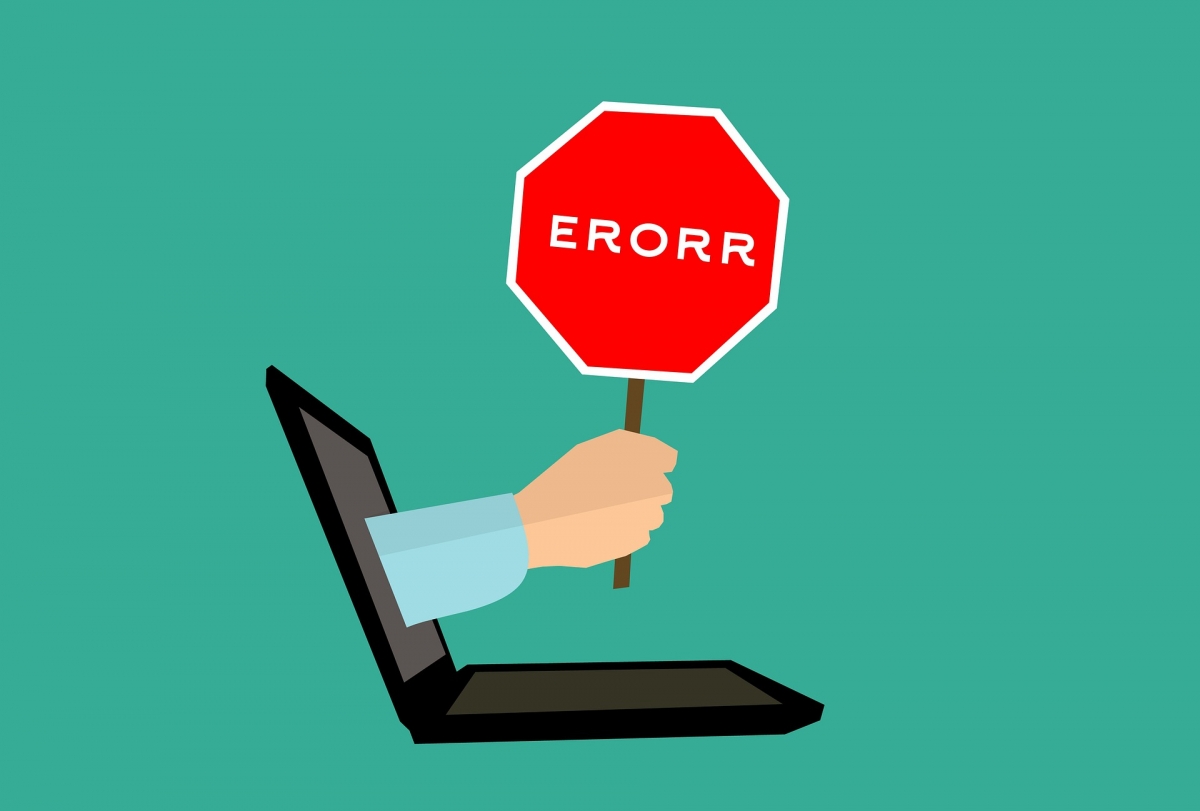There are a countless number of mistakes that a project manager can make throughout the duration of the project. These mistakes can lead to delays and can even sometimes cause the project to fail. Although no two projects are the same and every project has its unique qualities, some mistakes are common across the board and can be avoided. The success or failure of a project falls on the project manager’s shoulders, so it’s incredibly important to learn how to avoid these common project management mistakes.

Here, we will look at some of the most common mistakes project managers make and how to go about avoiding them for your next project.
Lack of objectives and direction
If a project has a lack of direction because proper objectives and goals have not been set or communicated, then the rate of success instantly drops. You can’t build on a weak foundation, so ensure that you are setting clear goals and objectives. It’s a good idea to use the SMART (Specific, Measurable, Achievable, Realistic, Timely) framework to set objectives to ensure that they can be met. These objectives and goals should also be revisited on a weekly/monthly/quarterly basis to ensure the project is on track.
The industry experts recommend the DUMB (Doable, Understandable, Manageable and Beneficial) method to define and set goals and objectives, which can work hand in hand with the SMART objectives structure.
Failing to hire the right people
Whether you are hiring for a project or a company, failing to hire the right people can be an incredibly costly and time-consuming process. You will need to consider a number of factors when you are looking to hire a team for a project. The following are some of the factors to consider when hiring for a project:
- Skills and expertise
- Qualifications
- Past experiences
- Personality
- A good fit for the team
- Availability and flexibility
Underestimating the time and budget required
Before you even start the project, you should understand the time and budget required for the project. With experience, you are more likely to have a better understanding of this. However, to avoid failure due to underestimating the time and budget required for a project, create a project management plan. A project management plan can help you create a schedule for the project as well as help you see where and how much budget needs to be allocated.
Lack of communication
A project will consist of various parties, from the key stakeholders to the project manager to the team working on the project. Therefore, communication is key. A project will most certainly fail if there is a lack of communication between the major parties involved. There is no excuse for lack of communication with the number of remote project managers and remote teams on the rise. The technology, apps and software available make communication so easy. So, it’s vital that all the parties involved communicate effectively during the project.
Being a micro-manager
Micromanaging teams can be incredibly damaging to a project and the team working on it. Although, as the project manager you must overlook the team and the project, it’s important to let the team have their independence. If you are constantly watching over someone, you will fail to let them work to their full capacity as well as using up more of your time and energy.
It’s important to have trust in your team members and give them independence. A good way of managing the team the right way is to schedule in updates and meetings to catch-up with the team members and ensure they are on the right path.
Lack of prioritisation
Prioritising is one of the key skills required for project managers and the project manager must prioritise and organise tasks in the right way. As a project manager, you will work on several different tasks and communicate with various people, so it’s important you do this in the order of importance and urgency.
Unprepared for potential problems
There are a lot of things that can go wrong whilst you are working on a project and it’s impossible to have a plan for all outcomes. However, you need to have the flexibility and the leadership skills to drive the team and maintain the work on the project no matter what happens.
All of these mistakes are made far too often in project management and can be detrimental to a project. However, this guide should make you feel confident in the fact that these mistakes can be easily avoided. It’s also important to remember that failures are a learning process too, so if you do make mistakes then just make sure to take away the lesson from them.
More on project manager jobs and how to excel in project management.
